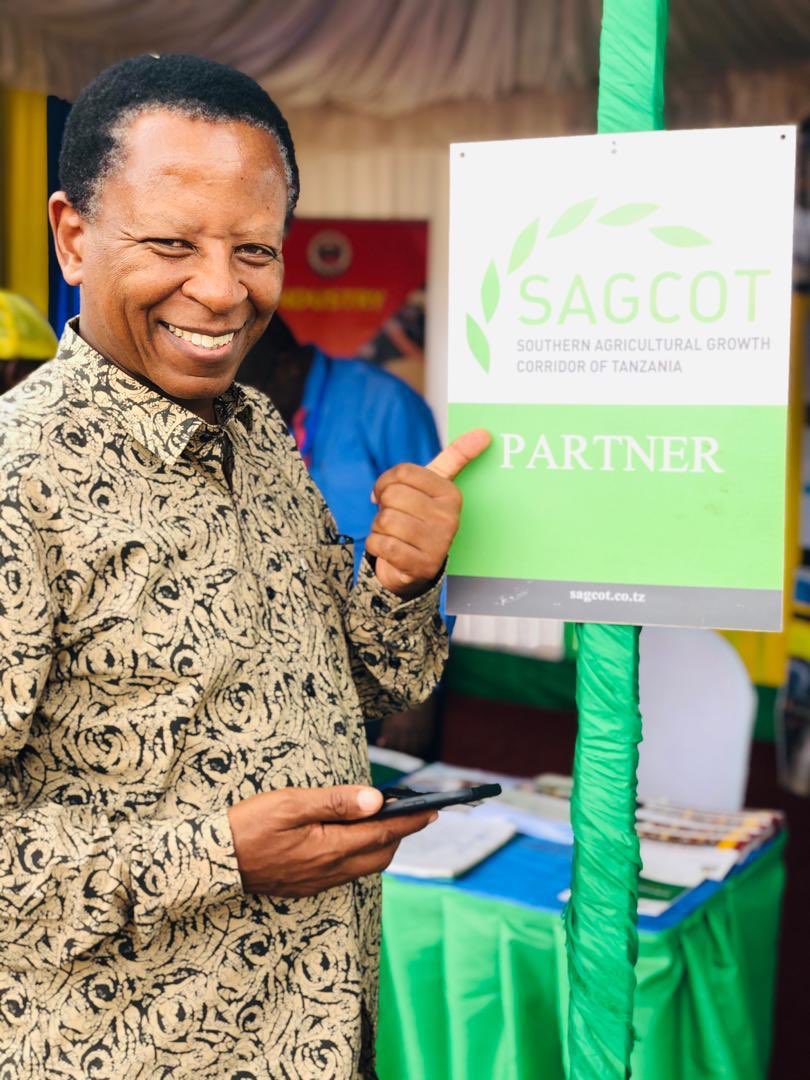Tea Board of Tanzania (TBT) Launches Innovative Training Program to Boost Tea Industry
Tea Board of Tanzania Embarks on Nationwide Training Program to Revolutionize Tea Cultivation
Dar es Salaam, Tanzania – In an initiative aimed at revitalizing the Tanzanian tea sector, the Tea Board of Tanzania (TBT) has announced the launch of a comprehensive training program focused on investment and input purchase financing mechanisms for cost minimization. This strategic move is designed to benefit tea farmers and processors across all scales—small, medium, and large—by introducing them to advanced agricultural and processing techniques.
The program’s primary goal is to enhance the quality and profitability of Tanzanian tea, ensuring it commands premium prices on the global market. Key aspects of the training include the adoption of clonal tea planting, which is renowned for fetching higher prices at auctions due to its superior quality. Participants will also learn about the optimal use of fertilizers and the implementation of selective herbicides for effective weed control, practices that are critical for maximizing crop yield and quality.
In a shift towards modernization, the training will cover the transition from manual processing technologies, which are not only labor-intensive but also costly, to automated processing technologies. This change is expected to drastically reduce operational costs and improve efficiency in tea processing.
Perhaps most ambitiously, the program sets a three-year goal for enabling smallholders to own and operate their own green Orthodox tea (GOT) small-scale tea processing factories. This initiative is seen as a game-changer for the industry, promising to empower small-scale farmers by providing them with the tools and knowledge to process their tea, thereby adding value and increasing their market competitiveness.
According to the released schedule the initiative, spans from March to April 2024, is set to directly impact the tea industry by addressing crucial aspects of tea production, from cultivation to processing.
Strategic Objectives Outlined by TBT
The program is anchored on three pivotal goals:
- Accessibility to Affordable Agricultural Inputs: The TBT is dedicated to ensuring that tea farmers can readily access essential agricultural inputs such as fertilizers, pesticides, and superior seed varieties at reduced costs and with flexible payment conditions. This initiative is poised to lower production expenses significantly, thereby boosting farmers’ incomes.
- Promoting Smallholder Farmer Participation in Tea Processing: In a novel approach to enhance market prices for tea producers, the TBT aims to empower smallholder farmers through establishment of small tea processing facilities. This strategy is designed to cut down the intermediaries in the tea supply chain, thereby ensuring farmers receive better prices for their tea at the Dar es Salaam auction market.
- Advancement of Affordable Processing Technologies for Large-scale Producers: The program also focuses on large-scale tea producers by introducing them to innovative and cost-effective processing technologies. This move is expected to substantially increase profitability through lowered production costs and enhanced tea quality.
Comprehensive Training Schedule and Locations
The ambitious training program is scheduled as follows:
- Tanga – Muheza District: The kick-off is set for Wednesday, March 20, 2024, with an initial group of 10 cooperatives.
- Korogwe and Bumbuli Districts: The training will continue on Thursday, March 21, 2024, for 20 cooperatives.
- Mbeya – Rungwe District: On Friday, March 22, 2024, the program will engage 30 cooperatives.
- The training extends to other areas including Busokelo, Njombe, Iringa, and concludes in Mufindi District on Tuesday, April 9, 2024.
Key Participants and Venues
This elaborate training program is designed to benefit 200 participants from 60 cooperatives. Agricultural Marketing Cooperative Society (AMCOS) will receive training at the EUTCO factories in Bulwa and Kwamkoro, and the second set, scheduled at the METL and Sakare factories. The venues for the training have been carefully selected to cover a broad geographic scope, including the Bulwa, Sakare AMCOS office, Mponde factory, and the RUBUTCOJE hall in Tukuyu, among others.
The Tea Board of Tanzania’s initiative seeks to empower both smallholder and large-scale tea producers with knowledge on modern cultivation techniques, cost-effective processing technologies, and direct access to markets, the TBT is setting the stage for a more prosperous and efficient tea industry in Tanzania.



